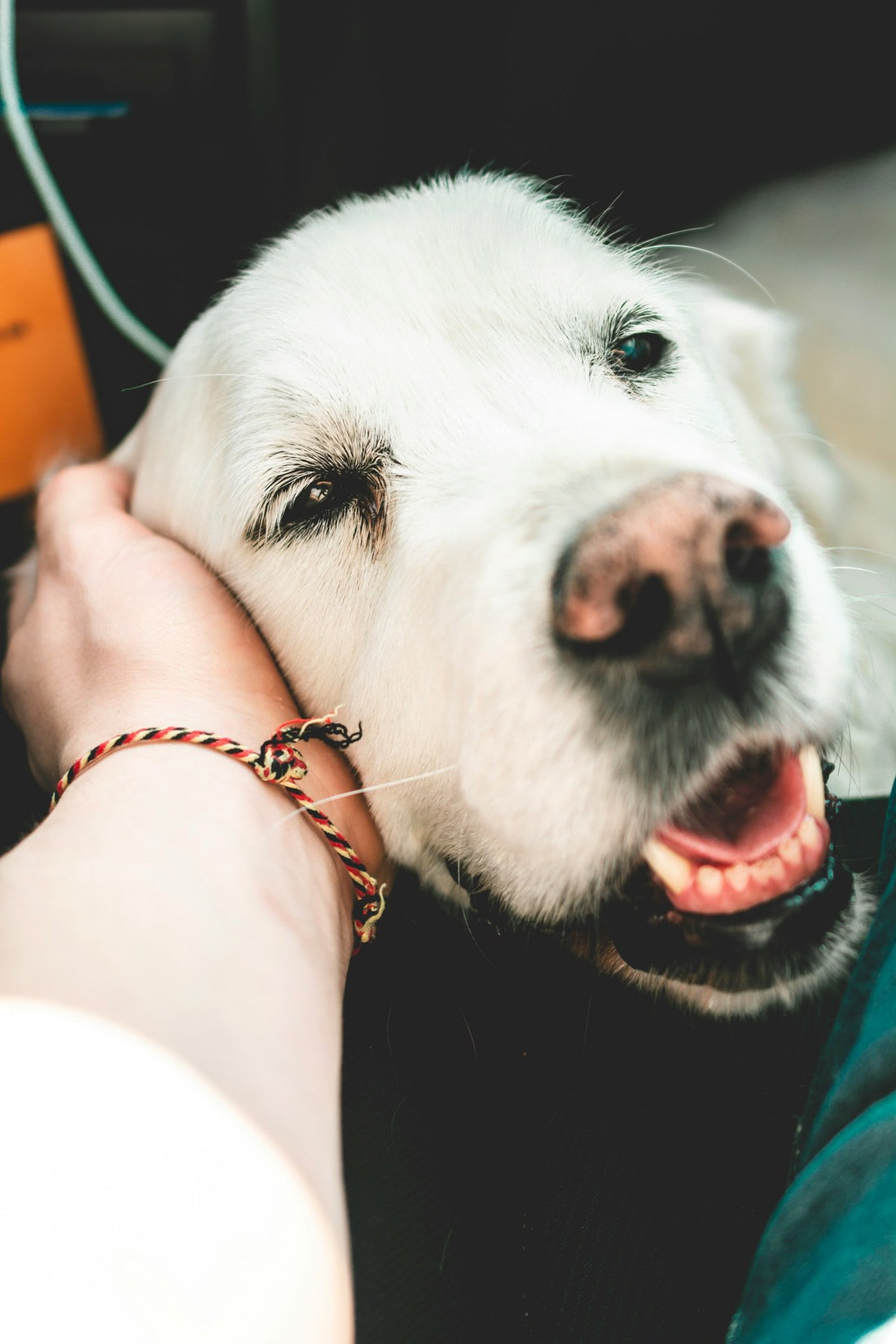
Senior Pet Care Tips
Share
How to Keep Your Ageing Pet Happy and Healthy: Senior Pet Care Tips
As our beloved pets age, their needs change, and so should the way we care for them. Senior pets, typically classified as dogs and cats over the age of seven, require extra attention to ensure their golden years are as joyful and comfortable as possible. Here’s a comprehensive guide on how to care for your ageing pet, with a focus on managing chronic conditions, maintaining mobility, adapting their environment, and ensuring proper nutrition and regular wellness checks.
Understanding the Needs of Senior Pets
Ageing pets often experience a decline in their physical and cognitive functions. They may develop arthritis, vision and hearing loss, and other age-related conditions. Their energy levels decrease, and they might face difficulties with mobility. Cognitive changes, such as confusion and decreased awareness of their surroundings, can also occur. Recognising these changes is the first step in providing the right care for your senior pet.
Managing Chronic Conditions
Many senior pets develop chronic conditions such as heart disease, kidney disease, or diabetes. Here's how you can help manage these issues:
- Regular Veterinary Visits: Frequent check-ups are crucial for early detection and management of chronic conditions. Regular blood tests, X-rays, and check-ups can help monitor the health of your pet and adjust treatments as necessary.
- Medication Management: Ensure that any prescribed medications are given as directed. Keep a consistent schedule, and monitor your pet for any side effects or changes in behaviour that might indicate a problem with their medication.
Maintaining Mobility
Keeping your senior pet moving is vital for their physical health and mental well-being.
- Gentle Exercise: Regular, gentle exercise helps maintain healthy joints and muscles. Short walks or light play sessions are beneficial, but be sure to tailor activities to your pet’s stamina and physical capabilities.
- Supportive Aids: Products like orthopaedic beds, pet ramps, and stairs can help your pet maintain independence and comfort as they navigate around the house and climb onto furniture or into cars.
Adapting Their Environment for Comfort
As pets age, their comfort becomes a priority. Make their environment supportive by implementing these changes:
- Easy Access: Ensure food, water, and comfortable resting places are easily accessible. Avoid having your senior pet climb stairs frequently or jump to reach their essentials.
- Warmth and Comfort: Older pets may struggle to regulate their body temperature. Provide warm, cosy places to rest away from drafts, and consider a heated pet bed if they suffer from joint pain.
Tailored Nutrition for Senior Pets
Nutrition plays a critical role in the health and wellness of senior pets.
- Specialised Diet: Senior pets have different nutritional needs. Diets formulated for seniors typically contain fewer calories but more fibre and are enriched with specific nutrients to support joint health and kidney function.
- Hydration: Ensuring your ageing pet stays hydrated is important, especially for those with kidney disease. Always provide fresh water and consider feeding wet food to increase fluid intake.
Importance of Regular Wellness Checks
Regular wellness checks become increasingly important as your pet ages. These checks allow your veterinarian to monitor ongoing health issues and quickly address any new concerns.
- Routine Screenings: Regular screenings can detect problems before they become serious. This includes checks for signs of cancer, organ failure, or diseases that are common in older pets.
- Dental Care: Older pets are susceptible to dental issues, which can affect their overall health. Regular dental check-ups and cleanings are essential to prevent painful dental diseases and related health problems.
Cognitive Health and Mental Stimulation
Maintaining mental agility is just as important as physical health.
- Mental Exercise: Keep your pet’s mind active with toys, puzzles, and simple training exercises. This can help slow down the cognitive decline and keep your pet mentally stimulated.
- Social Interaction: Continued socialisation is important to keep your senior pet engaged. Regular interactions with humans and other pets can help maintain their mental health.
Caring for a senior pet requires patience, understanding, and a proactive approach to health and wellness. By adapting their environment, ensuring they receive proper nutrition and regular medical care, and keeping them mentally and physically active, you can help your ageing pet enjoy their senior years in comfort and happiness. The team behind Pets Juicy have rescued senior dogs and cats before and have followed the simple steps above with the guidance of our local vet. If you bring your senior pooch pal into us for dog grooming or doggy daycare, rest assured you are leaving them with people who understand their unique needs.
